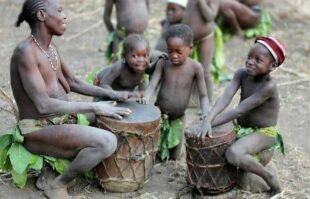When you ask any Ijesha man or woman about their hometown (Ilesha), they are always quick to respond with a blush and an expression of self-affirmation that “Ilesha is the hometown of Jesus and, in fact, the only language Jesus understands is Ijesha.” To them, anyone who is not from Ilesha will find it difficult to enter heaven.
The Yorubas of West Africa are divided into the Ijesha sub-ethnicity, which is spelt as “Ijeshà” in Yoruba. The name of the kingdom there is Ilesha, which is ruled by an oba locally known as the “Owa Obokun Adimula.” Ilesha is the main town and the historical-cultural capital of the Ijesha people.
The term “Ijèsà” is derived from the expression “ijè oosà,” which means “meal of the gods.” This moniker was chosen because local adversaries frequently raided Ijesha communities only in search of humans to offer to the orisha. It’s possible that the Ijesha gave up some of their territories to their neighbours during the many battles and wars in the 18th century and centuries before. It is rumoured that the inhabitants of Oke-Ako, Irele, and Omuo-Oke speak a dialect related to Ijesha.
Ilesha is found in the Yoruba Hills at the junction of three highways leading to Ile-Ife, Oshogbo, and Akure. One of Yorubaland’s earliest towns, Ilesha, was allegedly established by an “Owa” (king) who was one of Oduduwa’s 16 sons.
Ilesha served as a key military hub during the battles against Ibadan in the Yoruba civil wars of the 19th century, and the town honours Ogedengbe, an Ileshan warrior-leader who passed away in 1910, with a plaque.
In this piece, Naijabiography explores the history of the Ilesha people, their cultural heritage, and why they are called “Ilesha.”
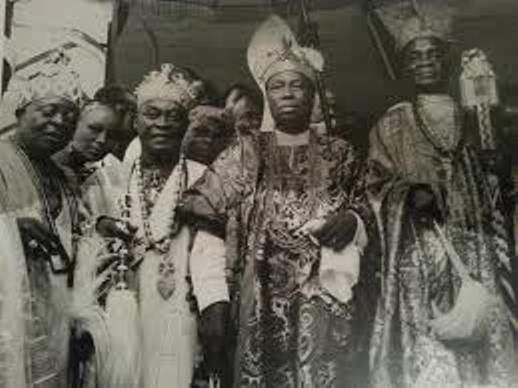
History
The Olofin-Oduduwa, the Yoruba progenitor of Ile-Ife, had a large family that included multiple children, grandchildren, and great-grandchildren. Among them were the kings of Ado or Benin, Oyo, the Osemawe of Ondo (from a daughter), Alara of Ara, Ajero of Ijero, Efon-Alaye, Owore of Otun, and Orangun of Il.
Age-related blindness caused Olofin to become very despondent; attempts to treat him were made but were unsuccessful until a certain guy came forward and gave him a prescription for a sure treatment that included salt water, among other substances. Only his youngest grandson, Ajibogun, and his older brother, Agigiri, made any attempt to secure some for him when he presented the case to his children.
Only his youngest grandson, Ajibogun, and his older brother, Agigiri, made any attempt to secure some for him when he presented the case to his children. This was a particularly valiant prince who was known as “Esinkin” among the warriors of the king’s household, a title closely related to the Kakanfo. His last name was “Ajaka” (that is, one who fights everywhere, on account of his proclivities and his fondness for adventures). He offered to go get some wherever it might be available.
The ageing father and everyone else lost hope that he would ever return after being absent for so long and going unheard of, so the king split his estate among the other adult children. Although the Alado (king of Benin) was the oldest, the Oloyo was the most adored, so he handed the land to him and instructed him to scour it thoroughly before making his home there.
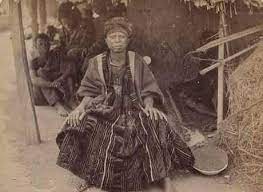
This is how the word “Oyo” (slippery) came to be, and Oyos are such slippery clients today. Unexpectedly, the young explorer appeared with seawater after they had all left and settled in their own areas. The Monarch used it in accordance with the instructions and got his sight back. Thus, the Ijesas who afterwards became his subjects are therefore frequently referred to as “Omo Obokun,” or the offspring of the brine procurer. He had given away all of his possessions and had nothing left for Ajaka.
The nickname “Owa Ajaka Onida Raharaha” comes from the fact that he gave him a sword that was lying by his side and the authority to attack any of his brothers, especially the Alara or Alado, and take their wealth for himself (Owa the ubiquitous fighter, a man with a devastating sword). Owa Ajaka then moved away from his grandfather and visited him once. He discovered him sitting by himself with his crown on, and out of pure wantonness, he hacked off some of the fringes with his sword. The old guy was incensed by this behaviour and vowed never again to wear a crown with attached fringes.
One of those who received a crown was the Aregbajo, but when the Owa Ajaka paid him a visit on one occasion, he noticed it, grabbed it, and never gave it back. As a result, Igbajo rulers have never worn a crown before. The Owa also assaulted the Olojudo, whom he eventually vanquished and stole his crown, but he never wore it. But it used to be carried in front of him at every public event. This persisted until each clan gained its own independence.
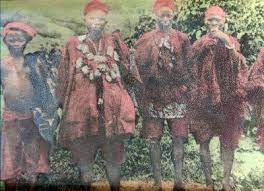
The mother of the Oloyo took care of the Owa’s mother when she married as a young bride, so the Alaafin of Oyo frequently thought of the Owa as his own son. His brothers from the same mother were the Orangun of Ila and the Alara of Ara. The Ooni of Ife was not Olofin’s son; instead, he was the son of a female slave he had sacrificed. When he sent his sons away, the Olofin kept the boy close by, and he took excellent care of him and ran his family properly till his death.
When Oloyo succeeded his grandfather, he appointed the youngster as his successor and sent word to his brothers about this arrangement. Therefore, “Omo Oluwo ni” was always the response when asked who was in control of the house (it was the son of the sacrificial victim). The term “Ooni” has been used to refer to this.
The Owore of Otun would provide the Alaafin with sweet water from a cool spring at Otun, which the Alaafin would then spill on the ground as a libation before performing any ceremonies. The Owa and his brothers would also give the Alaafin gifts of firewood, exquisite locally made mats, kola nuts, and bitter kolas. The other Ekiti kings likewise used to bring expensive gifts from their older brothers and brought with them appropriate gifts that each could afford. Later on, this Ajaka rose to become the Ijesas’ first Owa.
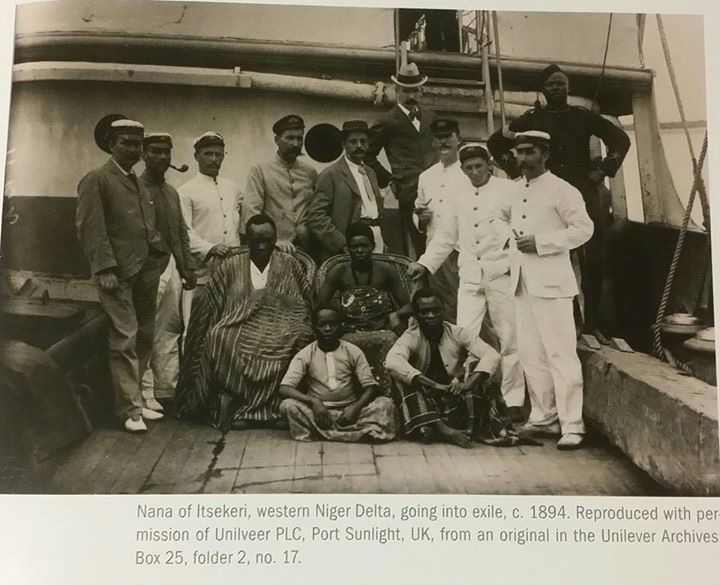
Ilesha During Colonization
The traditional administrative centre of Ijesaland is the city-state of Ilesa (Ile ti a sa, which translates to “a homeland we picked”). In or around 1250, Owaluse, a descendant of Ajibogun Ajaka Owa Obokun Onida Arara, one of the most accomplished great-grandsons of Oduduwa, the royal ancestor of the Yoruba people of South-Western Nigeria, the Benin Republic, and Togo, built the city.
The ancient city of Ilesa greatly exceeds any native town in Black Africa in terms of cleanliness, uniformity in breadth and width, and the straightness of its streets, according to the Rev. William Howard Clark, who wrote about it in 1854.
The four royal houses of Biladu, Bilagbayo, Bilaro, and Bilayirere are the ones among which the succession to the throne is expected to be cycled. Owa Obokun Adimula is the title of the ruling class.
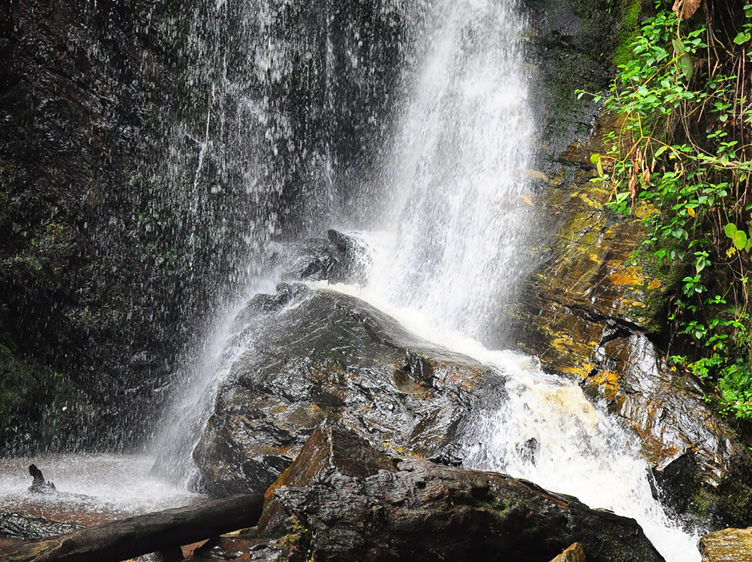
Modern-Day Ilesha
The modern Ilesha branch of the Yoruba people is a significant cocoa export collection site and a traditional cultural hub. For the local market, palm oil and kernels, yams, cassava (manioc), corn (maize), pumpkins, cotton, and kola nuts are gathered.
The town contains a brewery; local businesses make carpets and nails, and there is also a recording studio and a publishing company. In the eastern part of Ilesha, there are a number of notable quartzite ridges, and gold mining is a significant industry there. In addition, several colleges that train teachers are located in Ilesha. Also, the central mosque, the traditional king’s residence (the Aafin), and the main park are all close to Market Square.
It is noteworthy that the Ijesha region is bordered to the east by Ekiti, to the north by Igbomina, to the south by Ife, and to the west by Oyo and Ibolo. Moreover, modern Ijeshaland is home to the internationally renowned Olumirin Waterfalls, also known as the Erin-Ijesha Waterfalls. Ijeshland also has the greatest gold deposit in Nigeria- it is rich in gold.
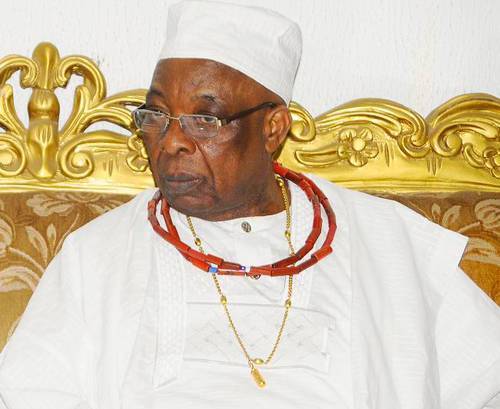
Oriki Ilesha
In pele o gbogbo eyin Ijesha,
Ijesha omo owa, omo ekun, omo bokun remi,
Ijesha tio je obi oju loro, omo du apona da,
Ijesha omo eleni ate iika, Omo eleni ewele.
Omo olobi kan wowotiriwo, omo olobikan wowotiriwo,
Eyi tofe teni awo seru eni, eyi tio fe teni awo sinu igbo,
Omo Ogedengbe, agbogun gboro, adi pon pon l’oju ogun,
Edumare bawa da ilu Ijesha si o
Aase.



